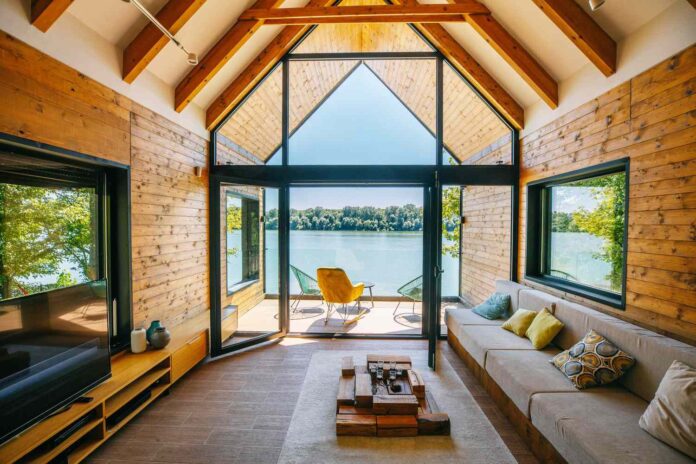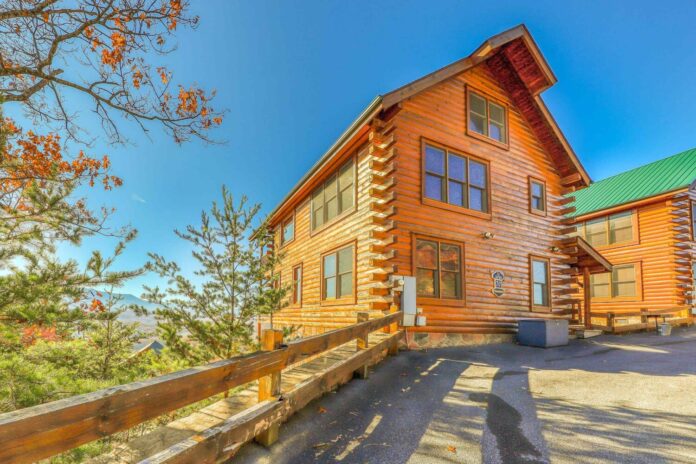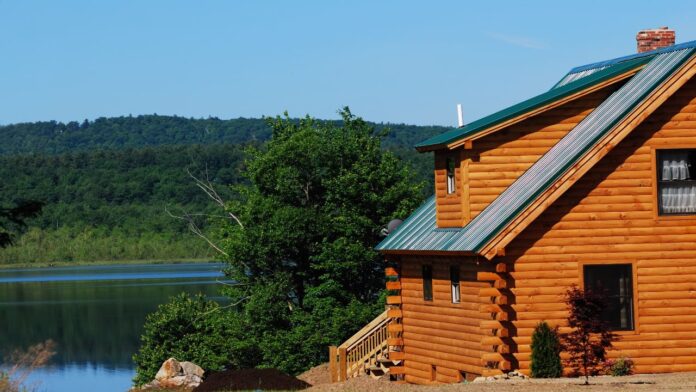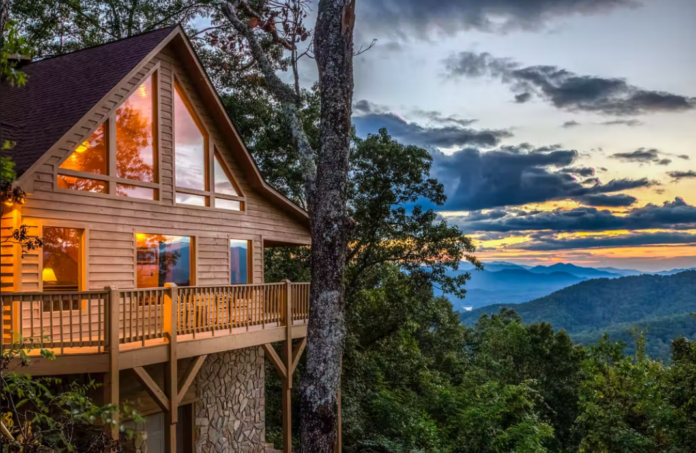Many investors rank buying a second home among the most lucrative ventures. Again, a second home in a travel destination, commonly called a vacation home, can be a smart financial move, especially if you are a regular visitor. Furthermore, it relieves the stress of finding residence during your trips, which can sometimes be challenging in the daily-flooding housing market.
However, with attractive possible returns, this venture has its drawbacks; this article highlights the pros and cons of buying a second home in a travel destination.
Benefits of Buying a Vacation Home

-
Long-term Investment and Appreciation
Owning a second home in a vacation market is an intelligent investment strategy. Popular travel destinations, especially those with attraction sites, are known to appreciate with time. Property value and prices increase with the high demand and low supply in many such locations.
However, it would help to find comprehensive market and data analysis regarding your destination of interest before throwing in your money. You can achieve this by searching reliable real estate websites offering such information. The main reason is to find the investment and appreciation prospects before venturing into the foreign market.
-
Potential Income from Renting

If you do not wish to let your home unused when you are away, you may consider renting it out. Some investors buy a second home specifically to earn a rental income. If you acquired your property on mortgage, you can offset a portion, if not the entire loan, from renting it out in your absence.
In addition, the additional stream of income significantly improves your overall returns on investment. Moreover, it helps cater to other expenses, including property maintenance. Understanding rental market trends, occupancy rates, and potential rental income can help you make a more sound decision. To achieve that, you need valuable data insights from reliable sources. You can also judge by comparing prices on rental listings. For example, you can try searching on this website.
-
Asset Diversification
Owning a second property in a travel destination is a viable way to diversify your investment portfolio. Real estate is a physical asset that provides a valuable hedge against inflation. It can counterbalance the most volatile investment options, such as bonds and stocks.
Therefore, investing in various geographic locations significantly lowers the risk of depending solely on your primary residential property’s performance. It also enables you to benefit from the foreign markets if your local real estate market drops in performance.
-
Enjoy Tax Benefits

You can enjoy various tax advantages from investing in a vacation home. You may qualify for tax deductions, property taxes, mortgage interests, and maintenance expenses depending on jurisdiction and circumstances.
Investment experts recommend finding out what tax benefits you are eligible for reliable websites or consult a reputable tax professional.
-
Lifestyle Enhancement and Personal Enjoyment
Owning a second home in your vacation destination goes beyond financial gains. It allows you to enhance your lifestyle and enjoy quality time with your family. It also lets you bring extended family together for special occasions and vacations. Think of the pride of being the one to host your friends or family on a vacation.
On the other hand, a second home becomes priceless when you want to escape the daily stresses of life and reflect in private. You can do this by immersing yourself in fun and leisure activities in your calm, distant vacation home.
Cons of Buying a Vacation Home

A second home in your travel destination is indispensable but has some disadvantages. The following are some cons associated with this venture.
-
Financing Can be Tough
Financing a second home can be challenging and sometimes impossible if you do not have ready cash. For example, you will likely face stricter requirements if you qualify for a mortgage. Sometimes, you will have to pay a huge down payment, have a considerably high credit score, and face high-interest rates for a vacation home compared to your primary residential property. In other, though rare cases, you may fail to qualify for a mortgage and have to find other means to finance your venture.
-
Limited Rental Options
Many towns and states are passing strict ordinances prohibiting short-term renting, and others are forcing property owners to pay hefty fees to allow them to list a home for rent. Therefore, it would help to find out if you will succeed if you are buying a property with the hope of renting it out when you are away. Check with local laws for the rental requirements to be safer.
-
Management Can be Hectic
Managing a vacation home can be painful since it is likely far from your primary residence. You cannot stop by frequently for regular maintenance or check for any repairs. Occupying yourself with heavy tasks like snow removal or lawn mowing can be costly and eat into your holiday time. Still, renting it out requires you to deal with things like clean-up, reservations, and more.
-
It Can be Expensive

A house is a significant venture, and adding one to your current budget requires considerable thinking, irrespective of the vacation house you buy. If you are still paying the mortgage for your current home, an addition can be bank-breaking.
In addition, the expenses do not stop at mortgage payment; you must face the maintenance and cost of utilities. You must set a budget for property taxes, insurance, utility bills, and other possible HOA fees. All these can drain you financially.
-
Limited Travels
Buying a vacation home means reducing your holiday travel budget. Therefore, you will likely want to spend more time in your new home. As a result, you will be tied down to one spot throughout your holiday, missing out on the opportunity to explore new destinations. With time, you may start losing interest in your vacation home after exhausting all the pleasure of the location.
While buying a home in your travel destination can be tempting, it would help to consider the possible downsides. It is expensive for your bank and your opportunities to explore the rest of the world whenever you can travel.





![Calgary’s Hottest Neighborhoods for Luxury Homebuyers [2024]](https://thewashingtonote.com/wp-content/uploads/2024/04/Calgary-324x160.png)



